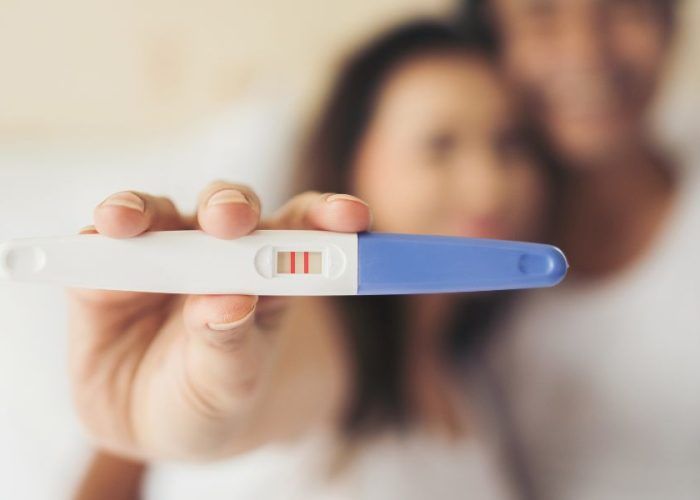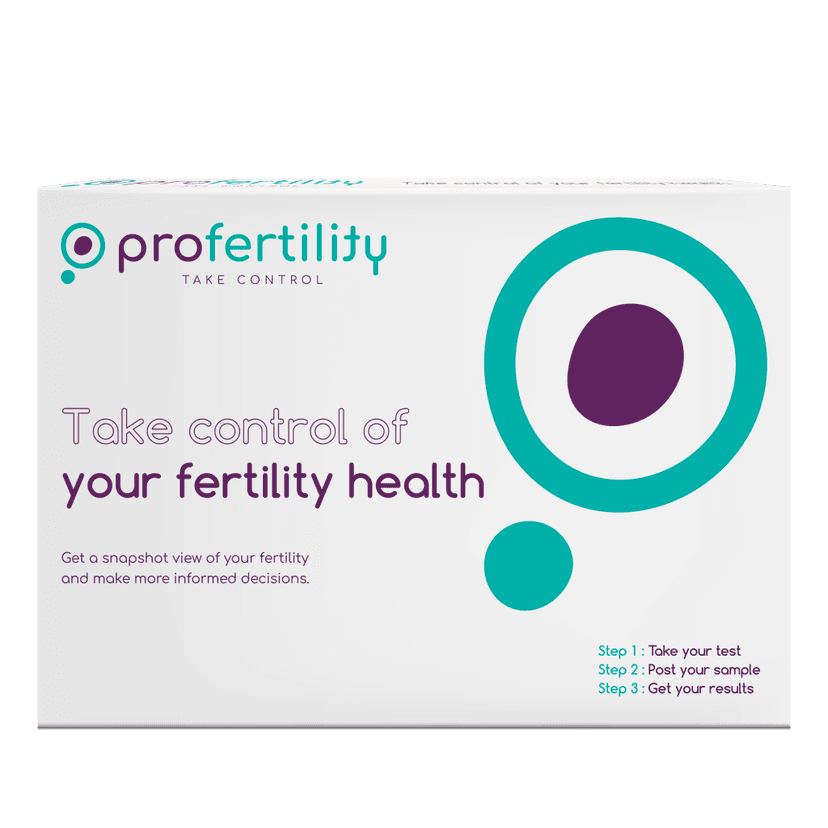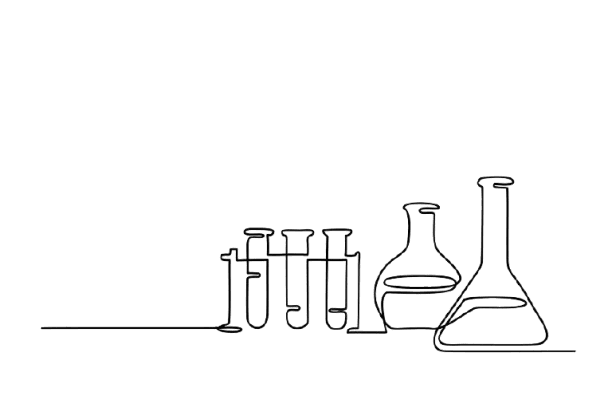Your Fertility Story Starts Here
Simple, Scientific, and built around you. Medical-grade at-home tests, expert
guidance, and an ecosystem that supports every next step.
Simple, Scientific, and built around you. Medical-grade at-home tests, expert
guidance, and an ecosystem that supports every next step.

Late referrals.
Confusing results.
Time lost waiting.
Early, Clear, and Actionable—for everyone.
of adults struggle to conceive
of fertility challenges are male-factor
of infertility is linked to lifestyle factors
of cases Early detection can prevent

Download the guide and get 10% off your first test kit.







ProFertility started with a simple goal: make fertility understanding accessible. No intimidating clinics. Just medical-grade tests at home and clear, actionable insights.

Discreet, accurate, and designed to detect early signs so you can act sooner.

Plain-English reports from fertility experts so you understand what matters.
As thousands of people tested with us, patterns emerged. Those patterns became the foundation for highly personalised, predictive care and our personalised 6 month improvement solution.

Aggregate trends help our specialists spot issues early. We leverage this data to find the fastest way to correction.

From data to tailor-fit recommendations for each person – whether it is our 6-Month Correction Roadmap, a targeted consultation, or a plan to optimise for IVF cycles, freezing, or natural conception.

Testing, optimising, preservation, donor services, or AI for improved outcomes (ProFertility AI coming Soon): all working together to cover every step of your journey.

All kits are clinically validated and processed in certified labs. Our approach blends medical precision with compassionate care—so results lead to meaningful action.

Select hormone, sperm, or perimenopause panels.

Collect your sample easily and privately with our at-home kits.

Your sample is processed by our partner labs using clinical-grade methods

A fertility specialist interprets your results and explains what they mean for your journey.

Based on your results, you’ll be offered the most relevant next step —
At-home testing and expert insights designed to get answers earlier.
Shop testA personalised global donor sourcing service for modern families seeking choice beyond traditional donor banks.
Explore Donor Bank

Secure long-term storage for preserving fertility for the future — including medical and lifestyle risk.
Coming soonThe intelligence layer that personalizes care with predictive insights from aggregated data.
Explore AI InsightsHerStory Talks, Frank (for men), and regular events — our community turns data into support and action.



ProFertility At-Home Sperm Testing


Order your test kit and step into a connected ecosystem that supports
every stage of fertility.

